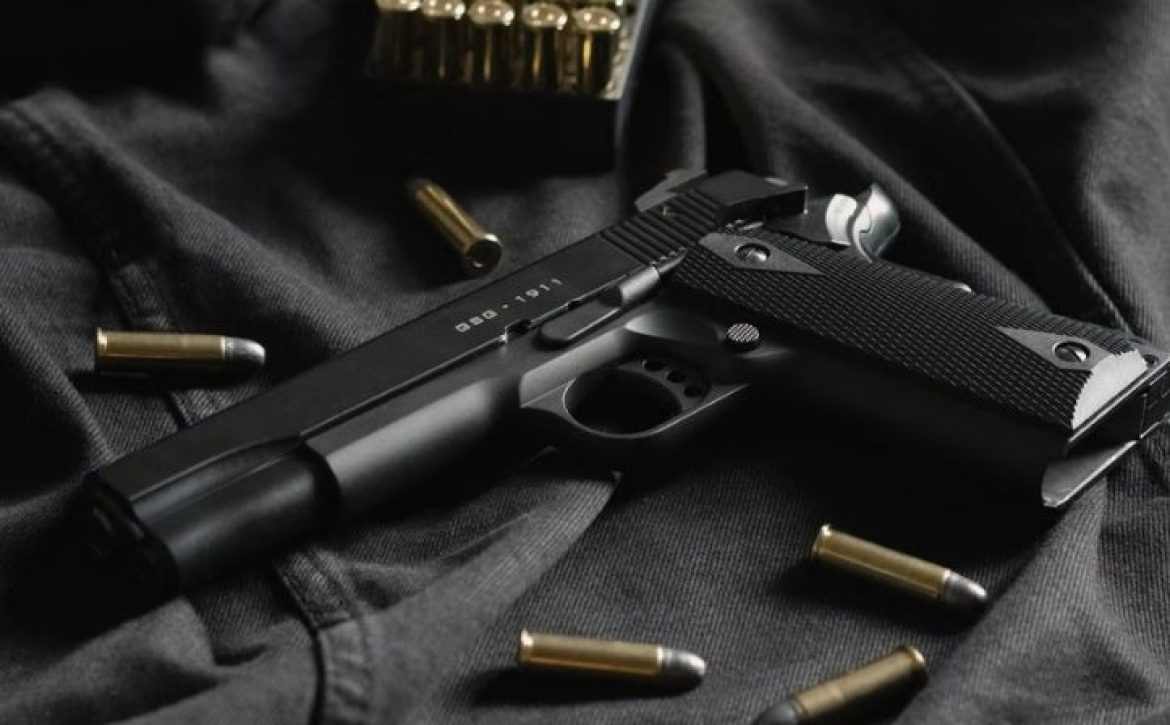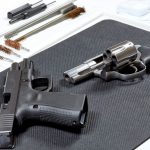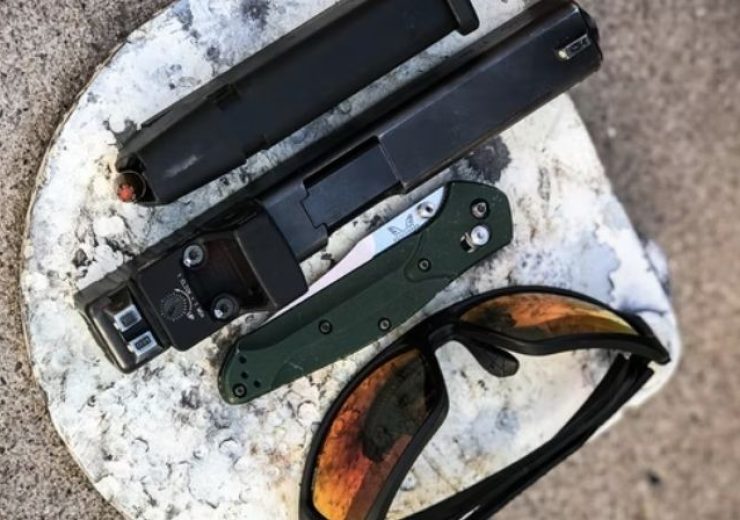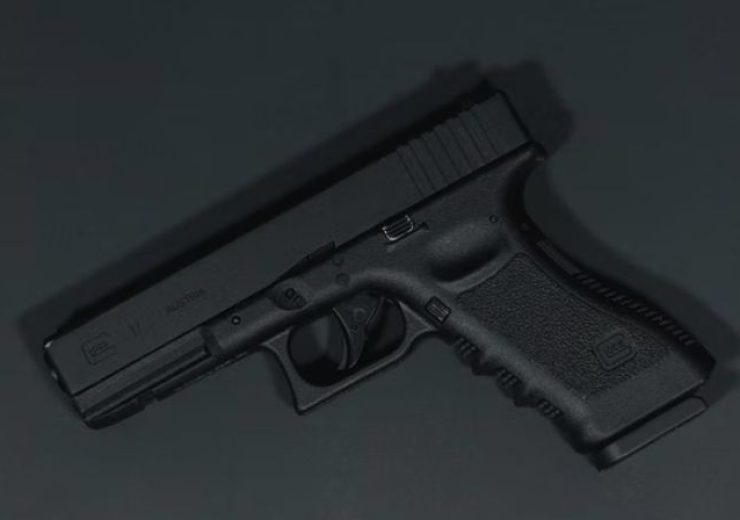Aerosol-Based Gun Cleaning Solvent Vs. Liquid Gun Cleaning Solvent: Which Is Better?
The debate between aerosol-based gun cleaning solvents and liquid gun cleaning solvents is one that has been around for quite some time. Each has its own advantages and disadvantages, so the question of which is better really comes down to personal preference. That being said, there are some key differences between the two that could sway your decision one way or the other.
Let’s take a look at how aerosol-based gun cleaning solvents and liquid gun cleaning solvents compared in terms of their ability to clean firearms:
Aerosol-Based Firearm Cleaning Solvents
Aerosol-based cleaners effectively remove residue, build-up and debris as they access every part of your firearm.
Compared to most cleaning solvent types, aerosol cleaning solvents are easy to use and recommended for stubborn gunk and debris in moving parts. Their most outstanding characteristic is their high consistency rate, making it possible for the solvents to penetrate the moving parts effortlessly.
Whether it is grease, carbon, copper residue, or other types of dirt, it removes them quickly, leaving a good finish. The product is ideal if you want to do detailed cleaning for your firearm.
The benefit of using aerosol cleaners is that they give you an excellent cleaning experience. Users, however, need to ensure they use the product efficiently as it is easy to overuse.
Aerosol Cleaning Solvents Composition
Information on the ingredients of aerosol-based firearm cleaners can help you better understand the potential limitations of the products, safety, and efficacy.
The main composition of aerosol-based firearm cleaning solvents includes toluene, methanol, acetone, heptane, and carbon dioxide. The ingredients’ content percentage often varies with the product’s brands and may not be the same for all the ingredients.
Toluene is a popular solvent used in rubber, thinners, paints, and disinfectants. The ingredient is highly effective for grease and oil removal and is ideal for firearm clean-up applications.
Methanol is a common solvent in firearm cleaning products and works very well with other ingredients, and is a great degreaser. Acetone is excellent at dissolving organic substances, degreasing, and general cleaning firearms.
Acetone evaporates fast and does a neat job, leaving no residue behind; users should be careful with the composition percentage as a high concentration can melt the plastic parts of your firearm. Also, be cautious as acetone is highly flammable.
Heptane dissolves oils and clears oil build-up on the surface of your firearm.
Carbon dioxide is a propellant in aerosol cleaners; it pushes down the cleaning solvent forcing it up the dip tube and out of the valve when you spray.
Aerosol-based firearm cleaning solvents are usually similar in composition and comprise degreasing agents and solvents acetone, methanol, and heptane. While they may have slightly varying amounts of the ingredients, they are all effective in removing residue and dirt from your firearm.
They are easy to spray inside the actions and barrels and evaporate quickly, leaving behind a clean firearm.
Liquid Firearm Cleaning Solvents
Liquid solvents like Hoppe’s No. 9 Gun Bore Cleaner from Armory Den do a great job removing copper, lead, and carbon residue from your firearm.
They are primarily used to clean the bore and are applied using a patch for the surface or a brush for the bore. While liquid solvents offer the perfect solution for all your firearm cleaning needs, they can be messy.
Their design is not as ergonomic as that of aerosol cleaners, and you could end up pouring more than you need. You could end up with a lot of grease left behind, making handling your firearm taxing.
However, you can minimize the mess by cleaning using solvent traps.
Liquid solvent firearm cleaners have oleic acid, kerosene, ethanol, ammonium hydroxide, and amyl acetate as the primary ingredients. Some cleaners may also include mineral spirits. Mineral spirits are suitable for cleaning all metal parts in a firearm.
Mineral spirits are also a good base for firearm cleaners and an effective degreaser, but may not work perfectly alone on copper and carbon residue. Cleaners with ammonium hydroxide are excellent for removing copper residue from your firearm as ammonia reacts aggressively with copper, dissolving it.
Amyl acetate dissolves stains while ethanol has de-greasing properties. If you read the Safety Data Sheets for most liquid firearm solvents, you will see a lot of similarities in the ingredients.
Which are The Right Cleaners? Aerosol-Based or Liquid Firearm Cleaning Solvents?
Choosing aerosol-based firearm cleaners or liquid cleaners depends on expected performance and personal preferences. The key factors to look at when choosing a firearm cleaner include compatibility, safety, quantity, and the action and potency of the cleaner.
The cleaner should be favorable to the materials of your firearm; picking the wrong combination of ingredients can cause corrosion, melting in case of plastic parts, and damage to the finish. If you like deep and quick clean aerosol cleaners may be ideal; liquid solvents are handy when you want to give your firearm attention and time.
Most of the ingredients in cleaning solvents are toxic and can cause skin irritation, affect your nervous system on prolonged exposure, and cause damage to your eyes. Some of the products are highly flammable and should be handled with caution.
Your firearm cleaning needs can also inform your choice of products. If you have several firearms, you need higher cleaner quantities and a product to meet all your cleaning needs to save money.
Aerosol cleaning solvents are easier to use as they penetrate your firearm’s movable parts, giving it a quick cleanup. Liquid solvents are effective but can be messy due to their design. However, you can mitigate this drawback by using solvent traps when using liquid cleaners.
Aerosol-based and liquid firearm cleaning solvents are effective for grease, dirt, and residue removal. The chemical composition of the products is a critical factor to consider when choosing cleaning solvents.
To conclude, aerosol-based cleaning solvents will give you a good experience when cleaning and removing dirt from all stubborn parts of your firearm. Liquid cleaning solvents are favorable for all metal parts of your firearm and will meet your cleaning needs.
Disclaimer: Cleaning recommendations shown in this article are for information purposes only. It is the responsibility of the firearm owner to take precautionary safety steps prior to utilizing this writeup as a resource. Armory Den | Armory Den, Inc. accepts NO liability related to injury, death or other negative consequences sustained due to negligence or any other user related faults.






